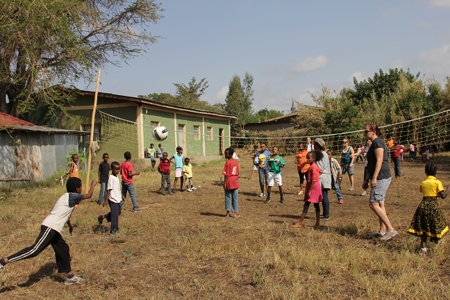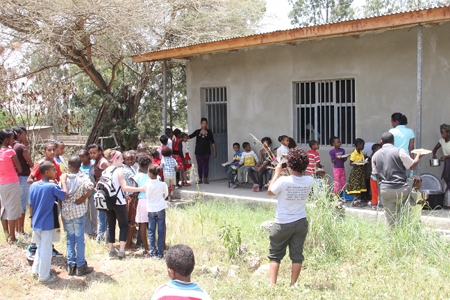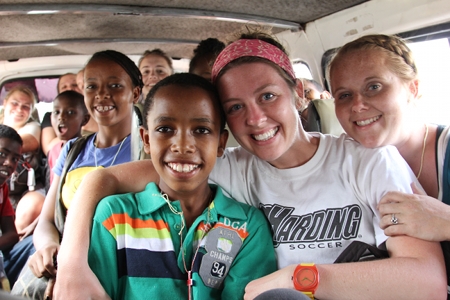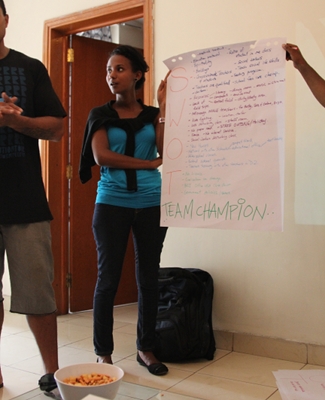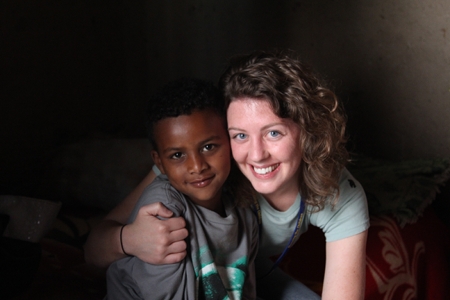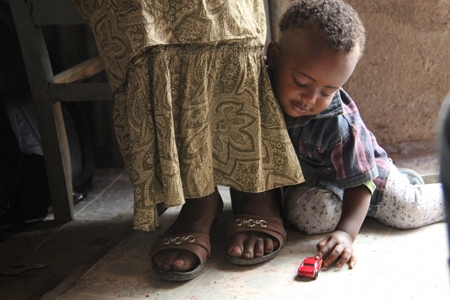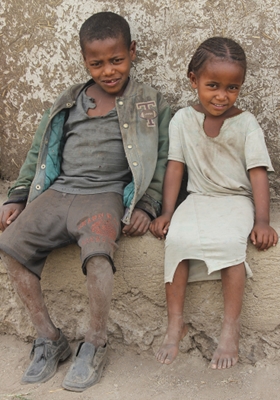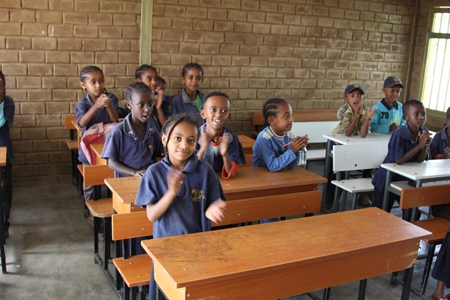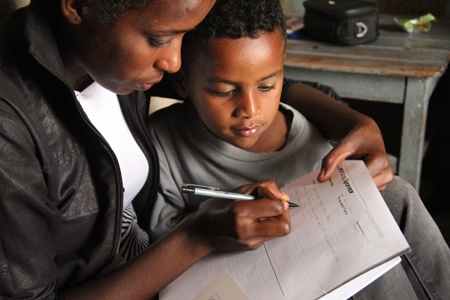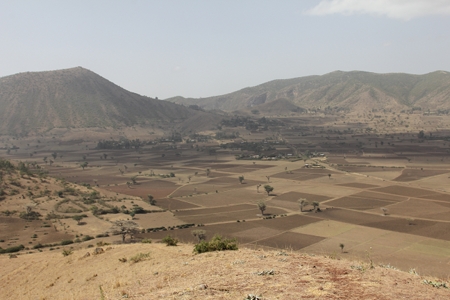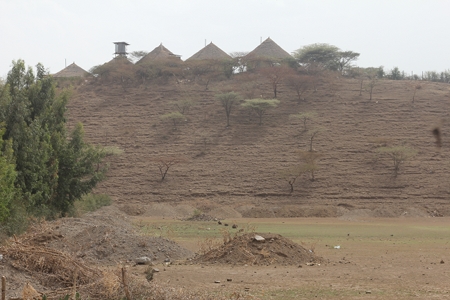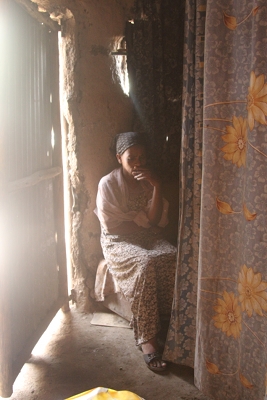Alone in America
In the 10 days since I returned from Ethiopia, I’ve been reflecting on some of the contrasts. The obvious wealth differences don’t move me as much as these do:
Morning in Ethiopia: If it is my turn, I get up early and cook breakfast with another person as a team. All 11 of us in the guest house eat together. As we finish eating we are joined by five social workers, two housekeepers who are like family, and a few other staff members for morning devotions.
Morning in America: I get up at the last possible minute and hurry out the door to work without eating breakfast. I have little if any interaction with anyone before work.
Commuting in Ethiopia: We team up with 3 or 4 other people and talk for 30 minutes while we wait for transportation or coordination. We cram into a small Bajaj or a chock-full taxi van in physical contact with multiple people and jostle and joke and talk along the way to our destination.
Commuting in America: I get in my individual personal car and drive alone in silence, planning my day’s work in my head. I don’t even make eye contact with people in the other individual cars.
Workday in Ethiopia: We crowd into a 8×8 foot house with 4 other adults and a few kids. We sit on a few borrowed chairs and a child sits on my lap. Flies, fleas, and people are all touching me due to the size and condition of the house. We converse and play games for over an hour while the children’s mother hospitably prepares coffee for us from raw coffee beans over a charcoal fire in the center of the floor.
Workday in America: I sit alone in my office typing on my laptop, analyzing business performance numbers and text messaging employees in silence.
Evening in Ethiopia: We sit on the guesthouse couches and talk about the experiences of the day while we wait for the team cooking dinner. We eat together, and another team washes the dishes together by hand. We play card games together late into the night. We go to bed in a room full of bunk beds and other people.
Evening in America: I get home after dinner time, having finished dropping off and picking up my kids from extracurriculars. I eat drive through food by myself between one of those stops.
I have a great life in America, and it doesn’t come close to the community and togetherness that fills the lives of my new Ethiopian friends. We can afford to be isolated from each other here, and it’s not good for us. I want to amp up the togetherness in my life.

